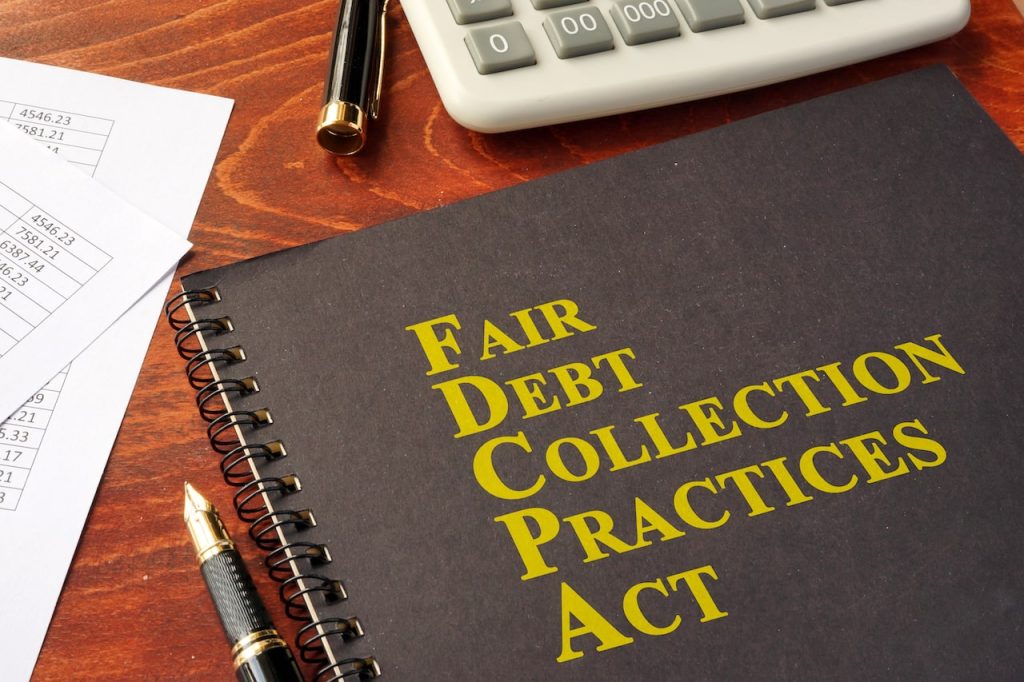On Your Team
A key area of Debt Defense is the area of FDCPA violations. FDCPA violations are violations of the Fair Debt Collection Practices Act (FDCPA), a United States federal law that helps to protect consumers from abusive, deceptive and misleading behavior from third-party debt collectors.
If you are feeling helpless or overwhelmed as a result of personal experience with debt collectors, you are not alone. And what’s more, you have rights under the law if in fact the behavior of these third parties would be considered violations under FDCPA.
Unfortunately, FDCPA violations can be quite common and it’s important that as a consumer, you know your rights under the law.
Some examples of such violations can include:
- Violation of Your Privacy: Debt collectors are prohibited by law from disclosing information about your debt to third parties, such as employers or members of your family, without your consent.
- Windows of Communication: There are specific time frames in which debt collectors are allowed to communicate with consumers. They are prohibited from calling after 9pm or before 8am. Additionally, they are required to stop communication altogether if requested in writing.
- Harassing or Abusive Behavior: Harassment or abusive practices on the part of debt collectors are prohibited. Such behavior includes threats of violence, incessant phone calls, profanity and/or refusing to identify themselves by name when they contact you. Debt collectors are also prohibited by law from lying or misleading consumers about the debt, such as the amount owed or the consequences of not paying the debt.
- Misrepresentation: Falsely claiming to be a lawyer, law enforcement or a government agency representative is prohibited under law.
- Deceptive or Unfair Practices: Also prohibited under the FDCPA would be attempting to collect a debt larger than what is actually owed, making threats without legal authority to do so (e.g., claiming that property will be seized, or wages garnished) or depositing postdated checks early.

Let Us Help
If you’ve experienced a violation under FDCPA, you know how upsetting and damaging the experience can be. It’s also important to remember that not all debt collection practices or third-party efforts to collect debt would fall under the umbrella of FDCPA violations.
The law can be intricate, and this is one of many reasons why it’s important to consult directly with an experienced debt defense attorney who can help determine whether your experience might be considered a violation under the FDCPA.
With the right legal expertise on your side, together we can address your debt, as well as any FDCPA violations that may have occurred.